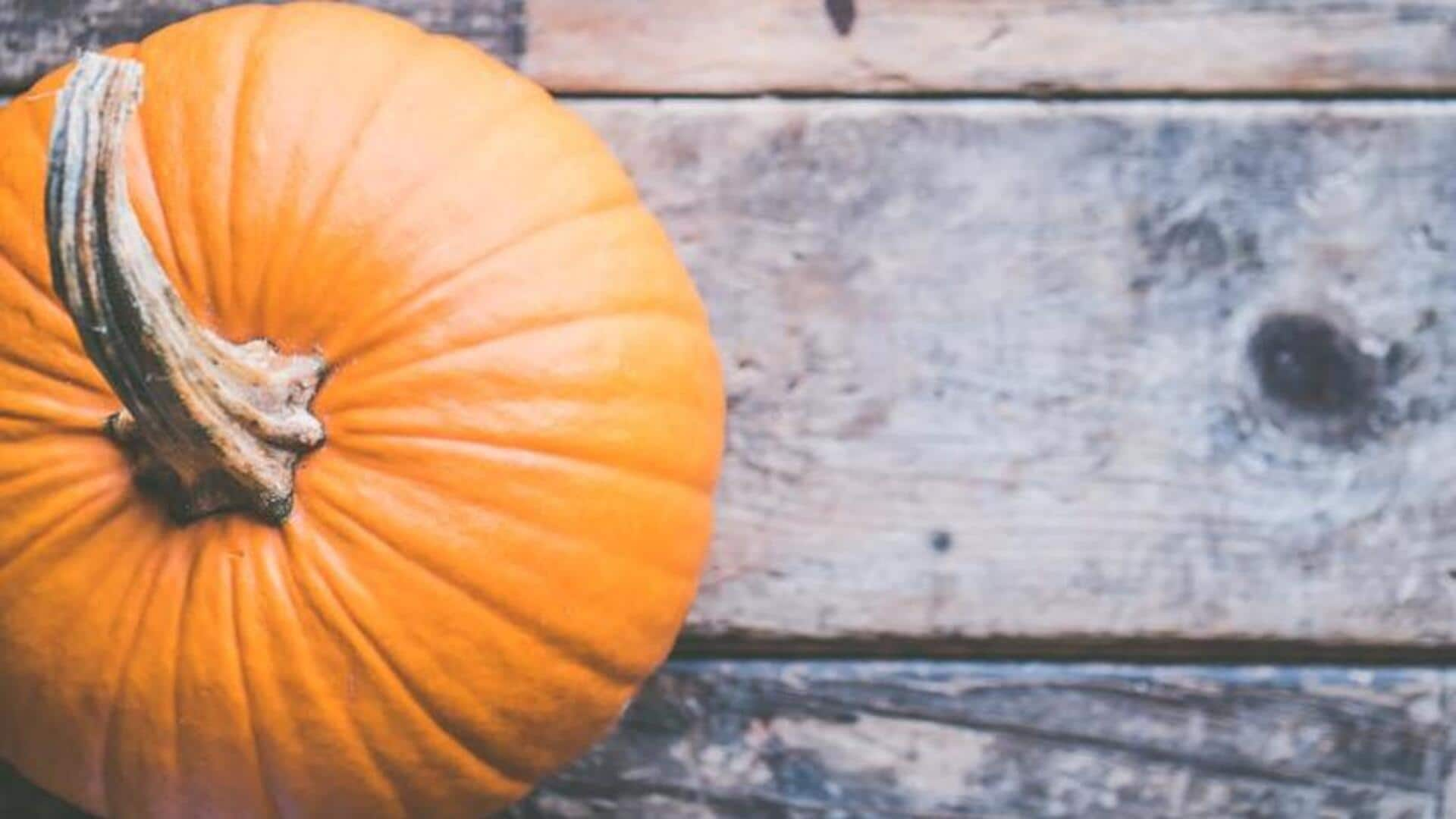
Pumpkin v/s sweet potato: Which one has more nutrients?
What's the story
Sweet potatoes and pumpkins are common picks in most kitchens, particularly in the fall season. Both are characterized by their striking colors and versatility in preparations. However, on the nutrition front, they have a lot of differences to offer. In this article, we will look at the nutritional differences between sweet potatoes and pumpkins, in terms of calories, vitamins, minerals and fiber content, to help you make better dietary choices.
Calories
Calorie content comparison
Sweet potatoes have more calories than pumpkins. A cup of cooked sweet potato gives you roughly 180 calories, while a similar serving of pumpkin gives you about 50 calories. This makes pumpkin a lower-calorie option for those wanting to cut back on the calories without compromising on flavor or texture in their meals.
Vitamin A
Vitamin A abundance
Both sweet potatoes and pumpkins are excellent sources of vitamin A, but they differ in concentration. Sweet potatoes offer about 769% of the daily recommended intake per cup, owing to their high beta-carotene content. Pumpkins also offer a good amount, about 245% per cup, but fall short compared to sweet potatoes.
Fiber
Fiber content insights
Fiber is key to keeping our digestive system healthy, and both veggies perform well here. Sweet potatoes have about four grams of fiber per cup, which facilitates digestion beautifully. Meanwhile, pumpkin provides about three grams per cup, making it a tad less fibrous but still helpful in keeping our bowel movements regular.
Minerals
Mineral composition differences
When it comes to examining mineral content (potassium and magnesium levels), there are notable differences between these two vegetables too. Sweet potato boasts higher potassium levels at about 950 milligrams per serving, while pumpkin contains roughly half the amount (around 500 milligrams). Now, that gives an edge if you're looking for increased potassium intake through diet alone!